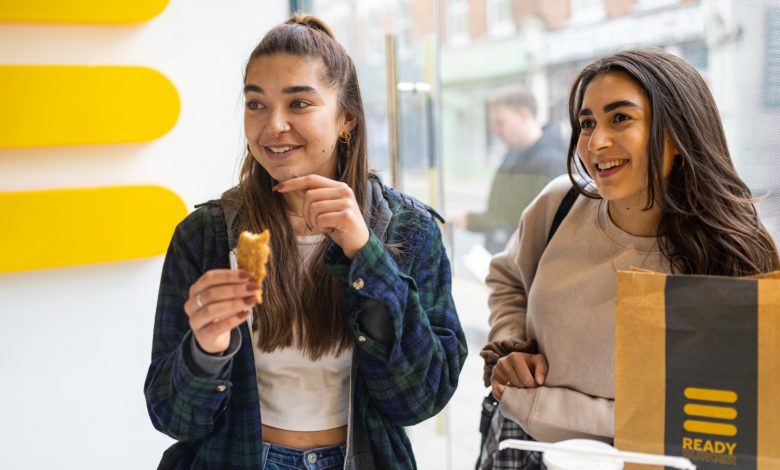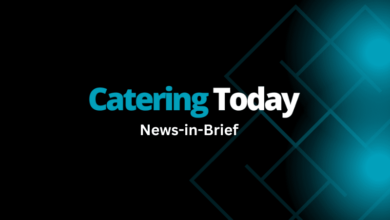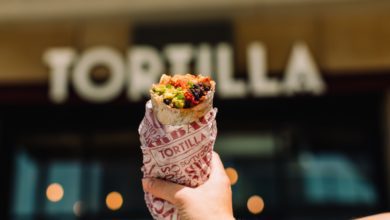
It’s one thing to identify a growing market, establish an innovative route into the sector, and reach a point of scalability, but to continually grow a startup is another ballgame completely. Crowdfunding can provide the path needed to beat that game, but also the opportunity to score an unfortunate own goal.You'll need to
subscribe to unlock this content. Already subscribed? Login?











